In the hustle of modern life, creating a peaceful and uplifting home environment has become more important than ever. One simple, natural, and effective way to do this is by incorporating indoor plants that attract positive energy. These green companions not only beautify your space but also improve air quality, reduce stress, and invite good vibes into your home. Let’s explore the top indoor plants known for enhancing the ambiance and spiritual harmony of your indoor spaces.
Why Positive Energy Matters in Your Home
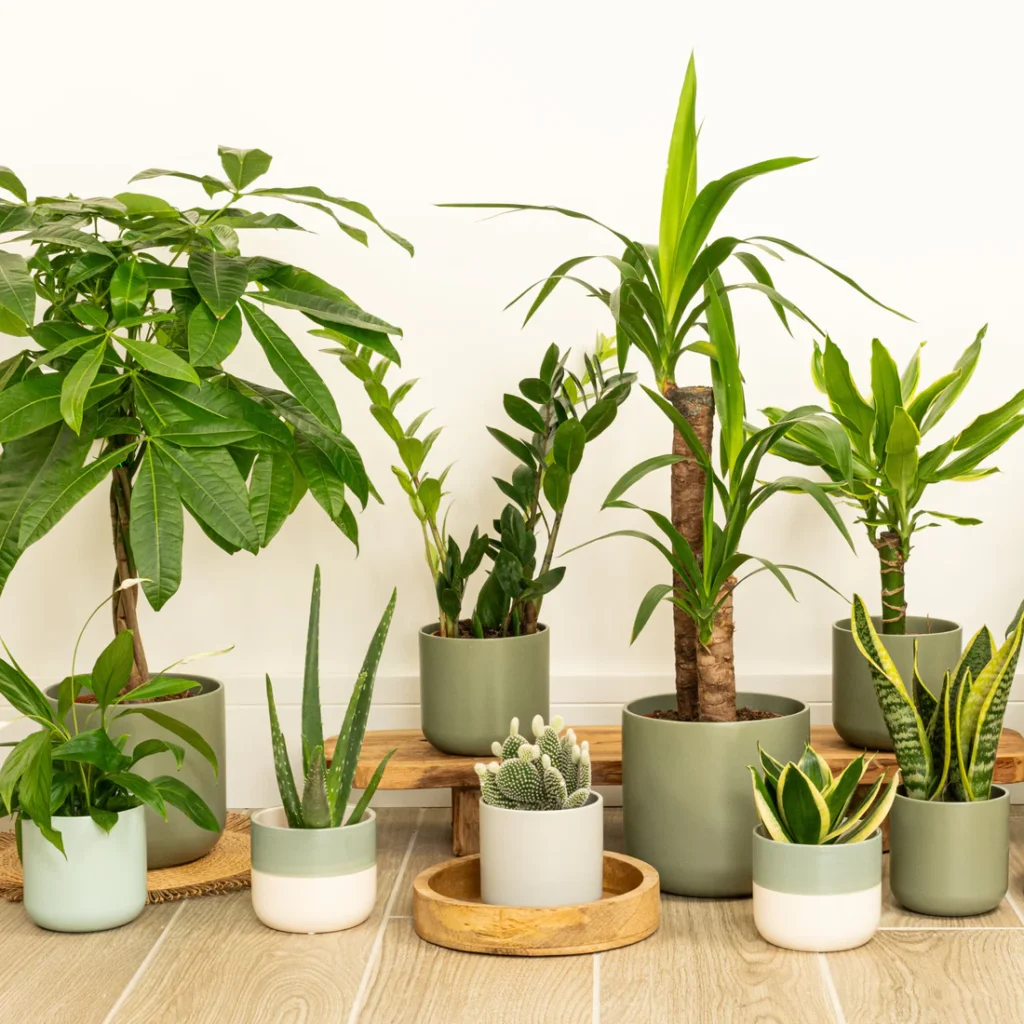
Positive energy in the home refers to a harmonious atmosphere where peace, love, productivity, and good health flourish. Many cultures, including Feng Shui and Vastu Shastra, emphasize the importance of plants in enhancing this energy. Indoor plants are believed to purify the air, absorb toxins, reduce stress levels, and emit natural vibrations that calm the mind.
Top Indoor Plants That Attract Positive Energy
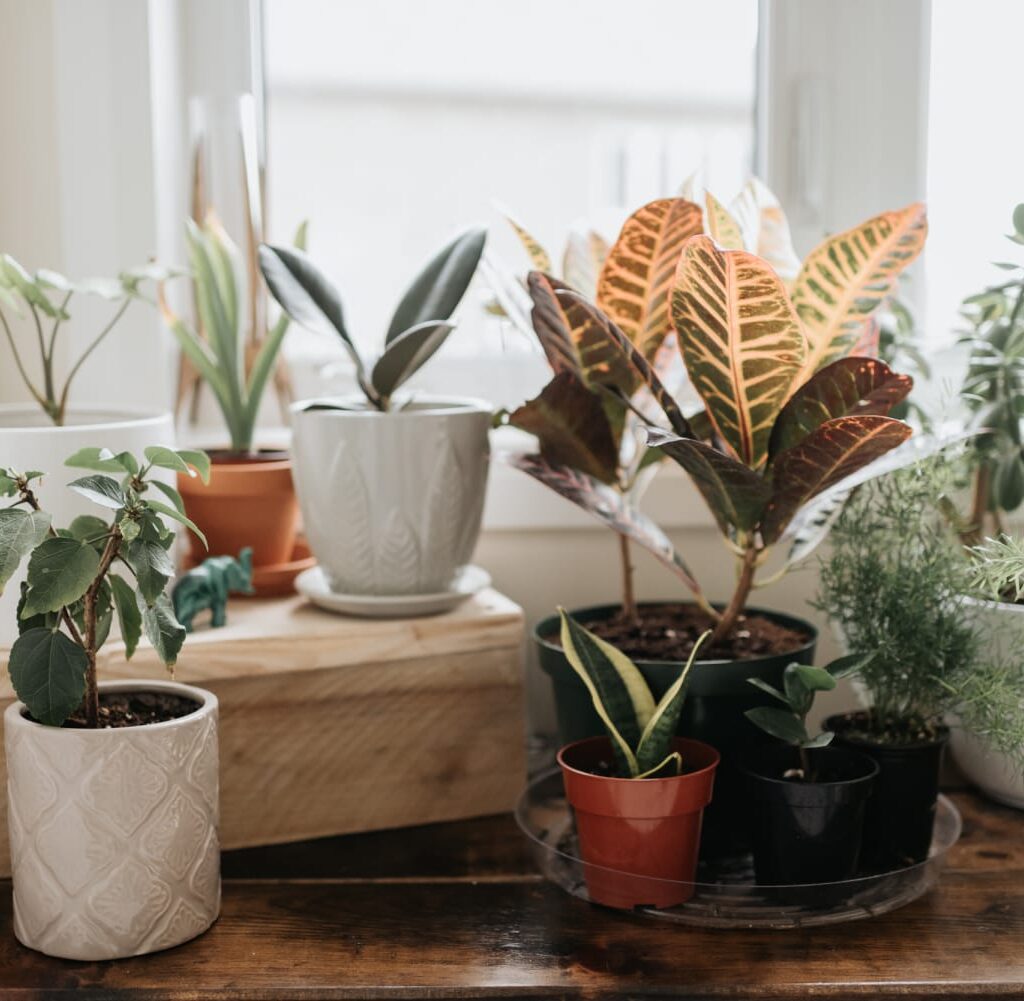
1. Money Plant (Pothos or Devil’s Ivy)
- Spiritual Benefits: Known in Feng Shui for attracting wealth, abundance, and prosperity.
- Placement Tip: Place in the southeast corner of your living room or office for maximum effect.
- Care: Grows well in indirect light with minimal watering.
The money plant is perhaps the most popular indoor plant for good luck. It helps remove indoor toxins and symbolizes growth and renewal.
2. Areca Palm
- Spiritual Benefits: Known to remove negativity and infuse life energy.
- Placement Tip: Best placed in living areas for a tropical, calming vibe.
- Care: Requires indirect sunlight and regular watering.
Areca Palm not only purifies the air but also adds a touch of elegance and freshness to any space.
3. Peace Lily
- Spiritual Benefits: Represents harmony, peace, and purity.
- Placement Tip: Perfect for bedrooms and meditation spaces.
- Care: Prefers shaded areas and moist soil.
Peace lilies are elegant, fragrant, and believed to cleanse the aura around them, fostering spiritual healing and tranquility.
4. Tulsi (Holy Basil)
- Spiritual Benefits: Sacred in Indian households, Tulsi wards off evil and negativity.
- Placement Tip: Should be placed in the east or north-east direction.
- Care: Requires sunlight and regular watering.
Tulsi is not only spiritually potent but also has medicinal properties, making it a revered plant in Ayurveda.
5. Aloe Vera
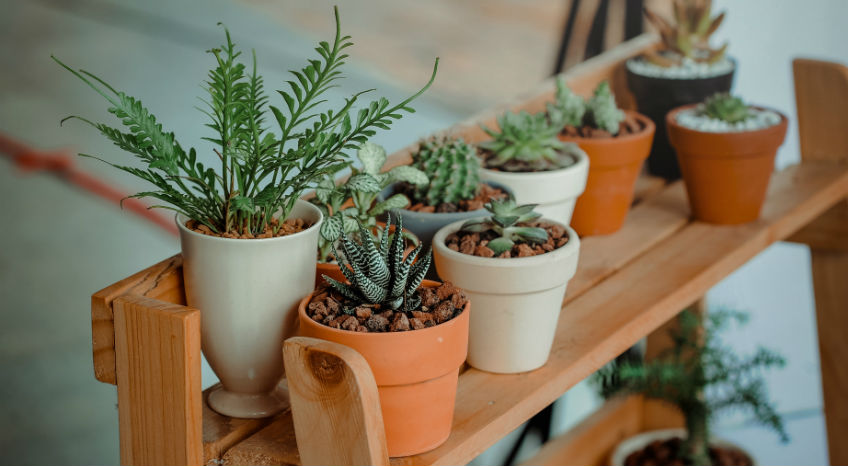
- Spiritual Benefits: Absorbs negative energy and emits positive vibrations.
- Placement Tip: Ideal for kitchens or near windows.
- Care: Low maintenance; requires indirect sunlight and minimal water.
Aloe Vera is also known for its healing gel, making it a multipurpose plant for both health and harmony.
6. Jade Plant
- Spiritual Benefits: Symbolizes prosperity, friendship, and good luck.
- Placement Tip: Place near entrances or on office desks.
- Care: Thrives in bright light and minimal watering.
Jade plants with their coin-like leaves are believed to attract wealth and success, especially in business environments.
7. Snake Plant (Mother-in-Law’s Tongue)
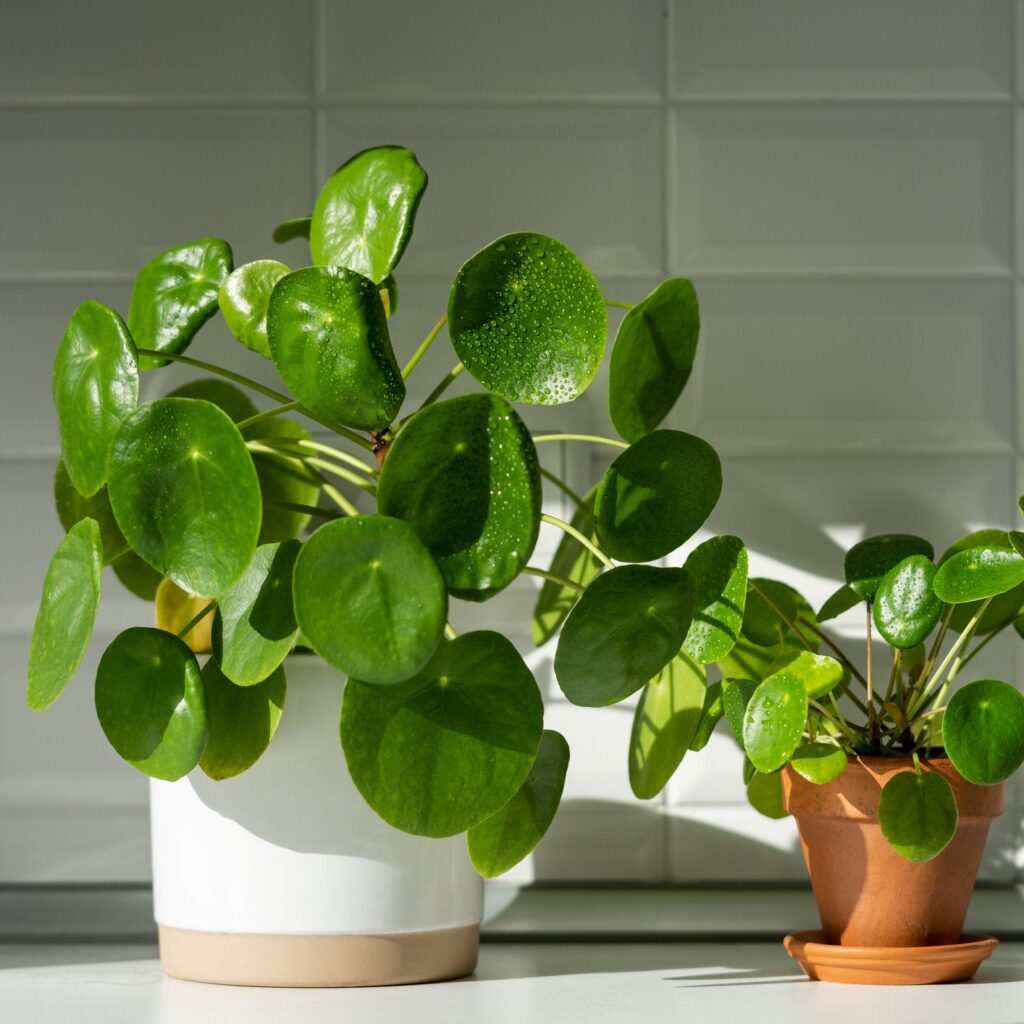
- Spiritual Benefits: Guards against negative energies and promotes well-being.
- Placement Tip: Great for bedrooms and study rooms.
- Care: Very low maintenance; tolerates low light.
According to Feng Shui, Snake plants bring protective energy and help balance oxygen levels at night, enhancing sleep quality.
8. Lavender
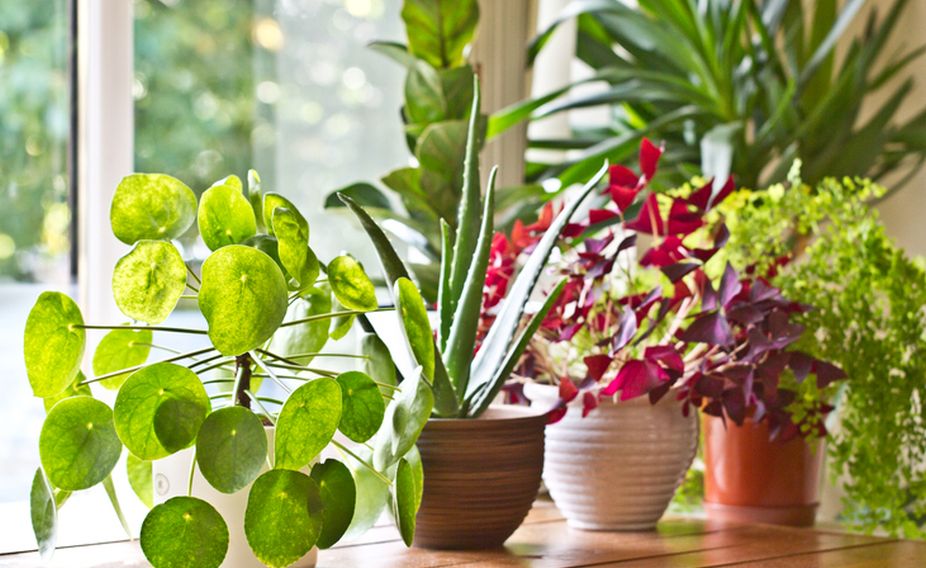
- Spiritual Benefits: Reduces stress, anxiety, and invites calmness.
- Placement Tip: Ideal for bedrooms or relaxation corners.
- Care: Needs sunlight and regular pruning.
Lavender is known for its soothing fragrance and energy-cleansing properties. It uplifts the spirit and calms the mind.
9. Bamboo Plant (Lucky Bamboo)
- Spiritual Benefits: Attracts luck, prosperity, and good fortune.
- Placement Tip: Place in the east or southeast corner.
- Care: Can grow in water or soil; keep out of direct sunlight.
The number of stalks in bamboo arrangements has different meanings—two for love, five for health, and eight for wealth.
10. Chrysanthemum
- Spiritual Benefits: Symbolizes joy, longevity, and positive energy.
- Placement Tip: Keep in living rooms or on dining tables.
- Care: Requires good air circulation and bright, indirect sunlight.
In Asian cultures, chrysanthemums are believed to bring happiness and purification, making them ideal mood boosters.
Benefits of Growing Positive Energy Plants Indoors
1. Air Purification
Many of these plants remove harmful toxins from the air, such as formaldehyde, benzene, and xylene, improving the overall air quality.
2. Stress Reduction
Simply being around greenery is scientifically shown to reduce stress and improve mental health.
3. Better Sleep
Plants like Lavender and Snake Plant enhance the air and energy in bedrooms, promoting better sleep.
4. Mood Enhancement
The presence of greenery and floral scents has a therapeutic effect on mood and overall emotional well-being.
5. Increased Productivity
Plants in workspaces are proven to increase focus, creativity, and productivity.
Tips for Choosing the Right Positive Energy Plant
- Space Consideration: Choose compact plants for small rooms, and larger ones like palms for open areas.
- Light Availability: Match the plant’s needs with available natural light in your home.
- Care Level: Opt for low-maintenance plants if you’re a beginner.
- Aesthetic Match: Pick plants that align with your home décor and vibe.
Positive Placement: Vastu and Feng Shui Guidelines
- North-East: Best for spiritual plants like Tulsi and Peace Lily.
- South-East: Good for money plants and bamboo to attract wealth.
- Bedroom: Choose oxygen-enhancing plants like Snake Plant or Lavender.
- Work Desk: Jade Plant or Bamboo to invite focus and success.
Final Thoughts
Bringing nature indoors is more than a décor choice—it’s a lifestyle decision that enhances positivity, health, and happiness. Whether you’re aiming to boost wealth energy with a Money Plant or cultivate calmness with a Peace Lily, the right indoor plants can significantly transform your living space.
Start small, nurture them with love, and watch how these green allies reward you—not just with beauty, but with lasting peace, productivity, and positivity.
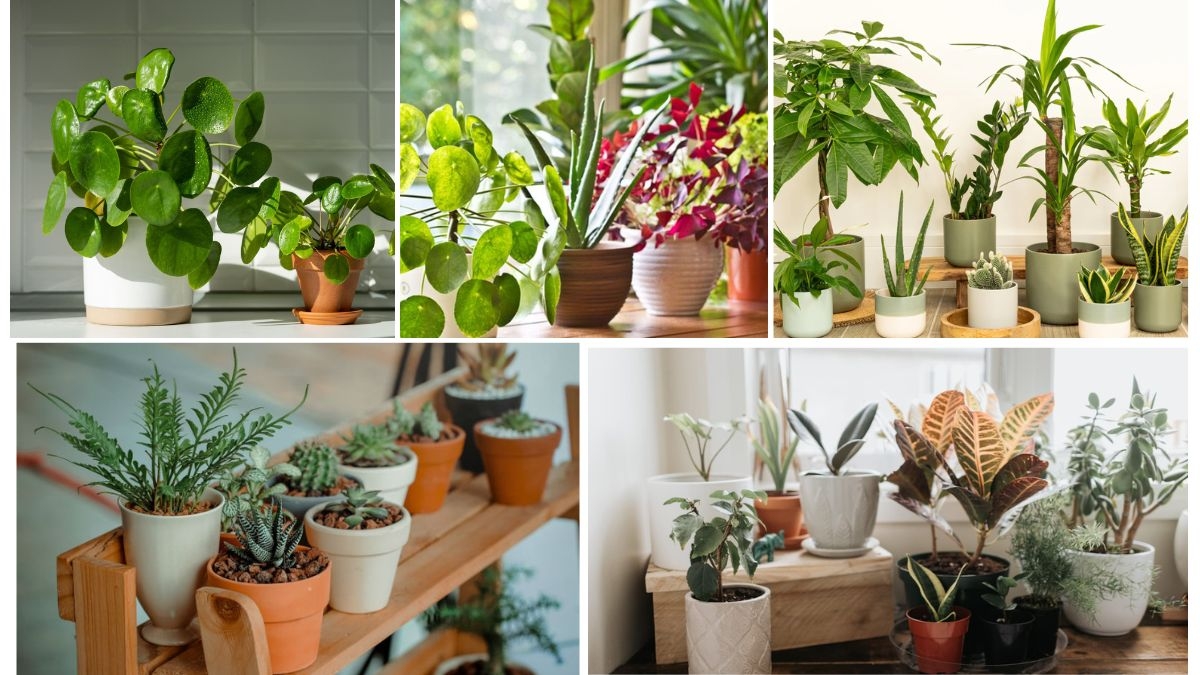





Leave A Comment